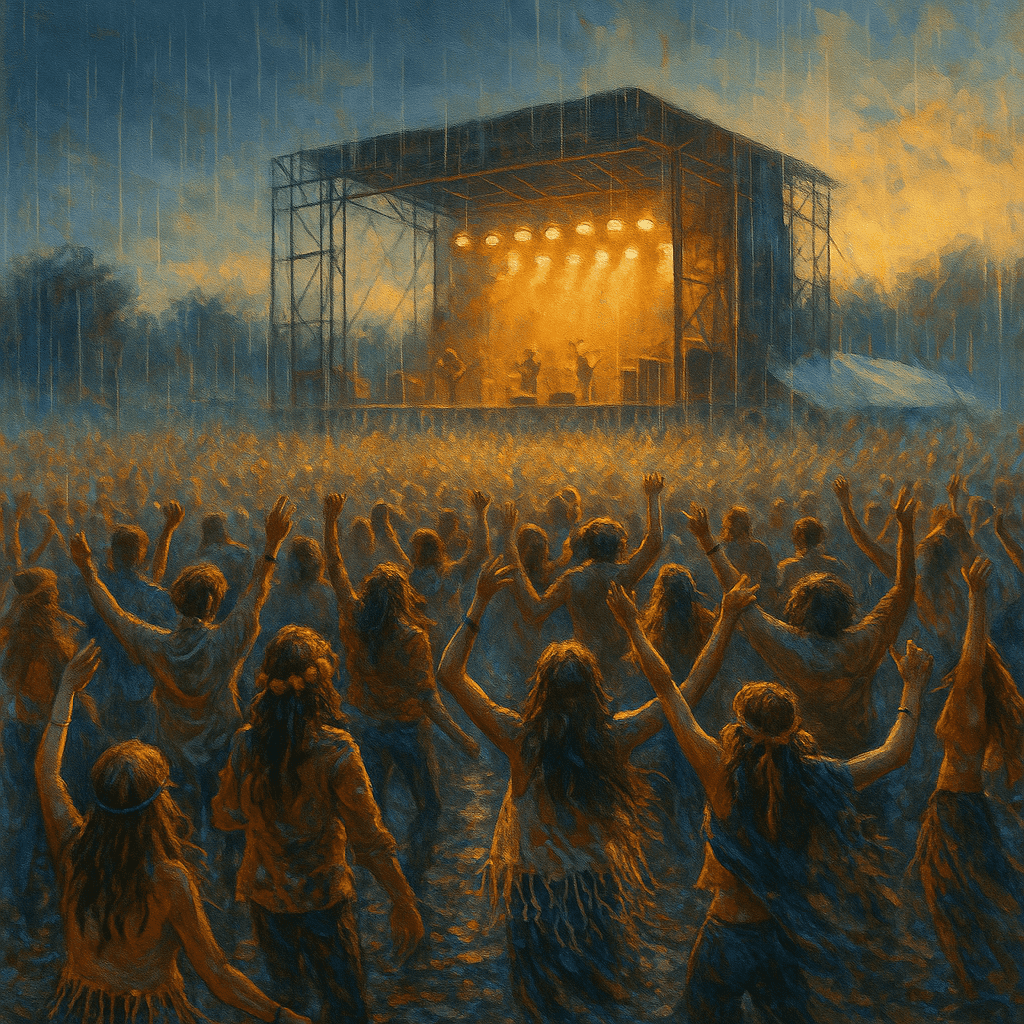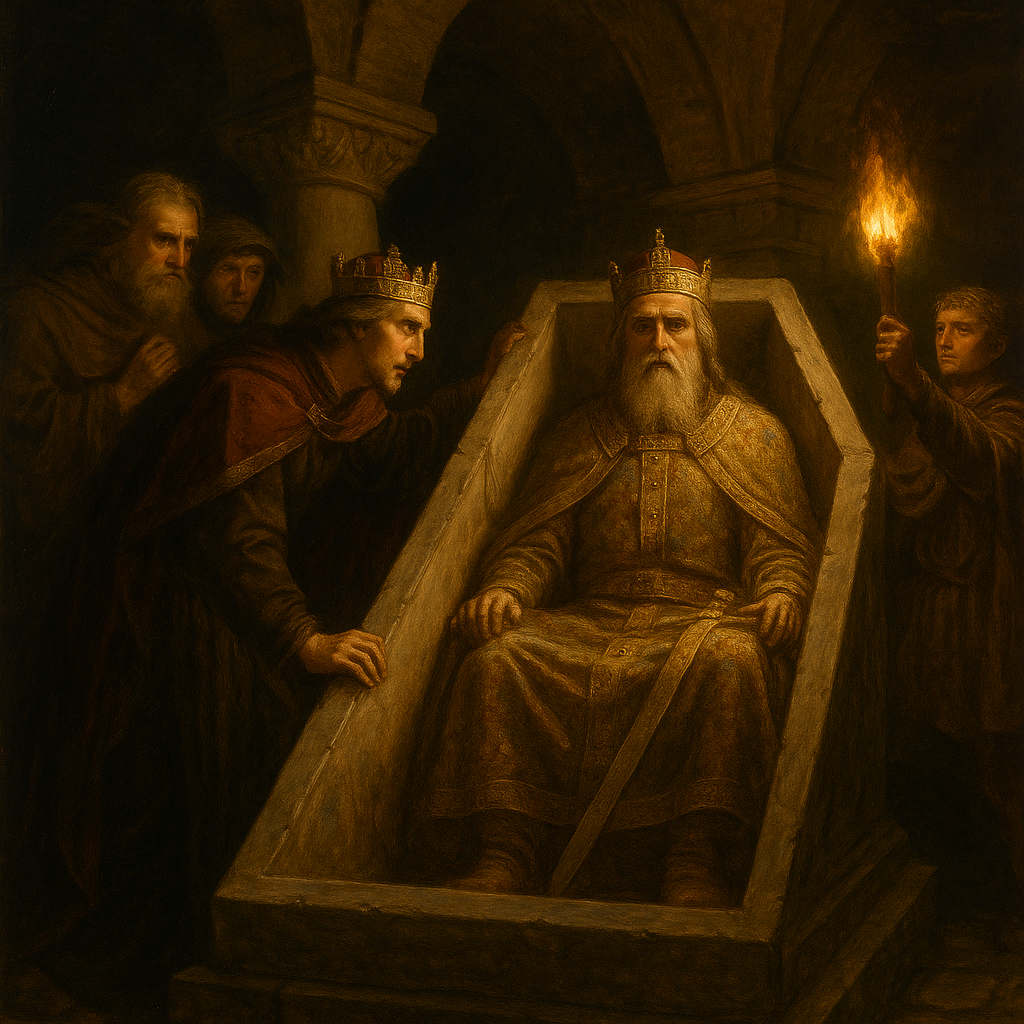
The History of Voting Rights: A Journey Toward Equality

The history of voting rights is a story of struggle, progress, and the ongoing pursuit of equality. From the ancient democracies of Athens to modern universal suffrage movements, the right to vote has evolved over centuries, reflecting changing attitudes about citizenship, inclusion, and power. While many societies now enjoy democratic freedoms, the path to achieving them has been long and fraught with challenges.
The Beginnings: Ancient Athens and Rome
The concept of voting dates back to ancient Athens, often regarded as the birthplace of democracy. In the 5th century BCE, Athenian citizens could vote on major decisions through a direct democracy system. However, this right was limited to free male citizens, excluding women, slaves, and foreigners.
In ancient Rome, voting was central to the Republic, where citizens elected officials to represent them. However, the system favored the elite, as voting power was based on wealth and social class. These early experiments with democracy laid the groundwork for later political systems, but they were far from inclusive.
Medieval and Early Modern Voting
During the Middle Ages, the concept of voting diminished in favor of monarchies and feudal systems. Representation reemerged with institutions like England's Parliament, established in the 13th century. However, voting was typically limited to landowners and the nobility, excluding the majority of the population.
The Enlightenment brought renewed interest in democratic ideals. Thinkers like John Locke and Jean-Jacques Rousseau argued for the rights of individuals to participate in government, influencing the development of constitutional democracies.
The Age of Revolutions
The late 18th century saw revolutionary movements that reshaped voting rights. In the United States, the Constitution initially restricted voting to property-owning white men, reflecting the era's social hierarchies. Gradual expansions followed, including the elimination of property requirements by the mid-19th century.
In France, the French Revolution (1789–1799) introduced universal male suffrage for a brief period, though this was later curtailed. These revolutions demonstrated the growing demand for broader participation in governance but also revealed deep divisions over who should be included.
Expanding Suffrage in the 19th and 20th Centuries
The 19th century was marked by significant expansions of voting rights in many countries. The UK's Reform Acts (1832, 1867, and 1884) gradually extended the vote to more men, though women remained excluded. The abolition of slavery in the United States (1865) and the passage of the 15th Amendment (1870) theoretically granted African American men the right to vote, though discriminatory practices like literacy tests and poll taxes often nullified these rights in practice.
The women's suffrage movement gained momentum in the late 19th century, culminating in landmark victories such as New Zealand granting women the right to vote in 1893, followed by the United States in 1920 and the UK in 1928. These movements highlighted the power of activism and the importance of challenging entrenched systems of inequality.
The Fight for Equal Voting Rights
The 20th century saw significant progress in eliminating barriers to voting. The Civil Rights Movement in the United States led to the Voting Rights Act of 1965, which dismantled discriminatory practices targeting African Americans. Similar movements worldwide challenged colonialism and racism, leading to the enfranchisement of millions.
However, challenges persist. In some nations, restrictions based on ethnicity, socioeconomic status, or political affiliation continue to undermine free and fair elections. Efforts to combat voter suppression and ensure access to voting remain critical.
The Modern Era: Universal Suffrage
Today, universal suffrage is considered a cornerstone of democracy. Most countries grant voting rights regardless of gender, race, or class. However, ensuring that these rights are upheld in practice requires constant vigilance against voter suppression, electoral fraud, and disenfranchisement.
The history of voting rights reminds us that democracy is not static but a dynamic process requiring participation, advocacy, and a commitment to equality. As societies continue to evolve, so too will the ongoing struggle to ensure that every voice is heard.


